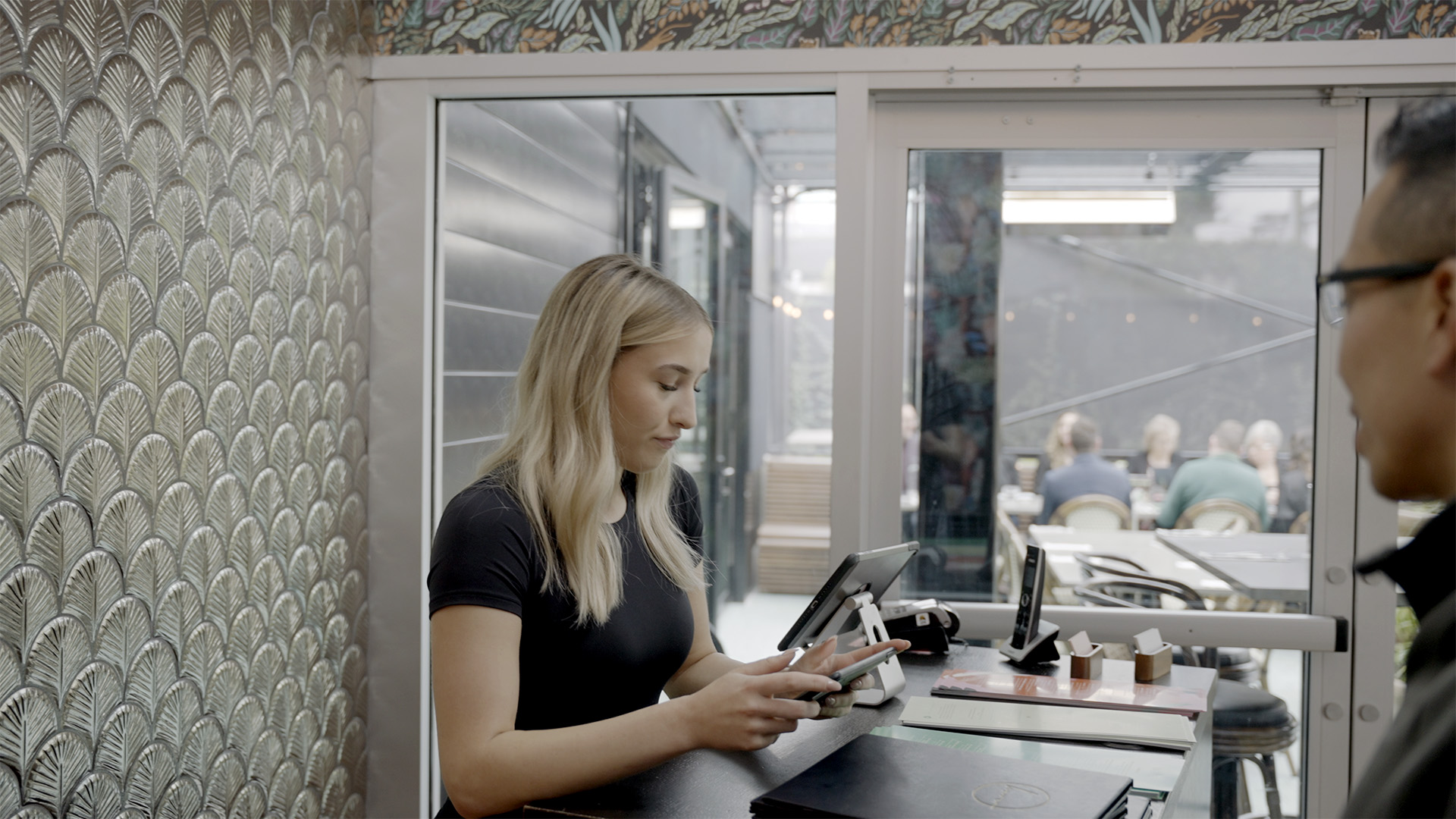While third-party reservation and food delivery services offer convenience and increased visibility for restaurants, they also have several drawbacks. One significant drawback is the lack of control over the guest data. Here are some drawbacks of relying on third-party services and the importance of owning guest data:
- Loss of Control: Restaurants that rely on third-party services for reservations and food delivery relinquish a significant degree of control over their customer interactions. These services handle customer inquiries, bookings, and delivery, which can lead to a disconnect between the restaurant and its patrons. This can result in a loss of personalization and a diminished ability to tailor the dining experience to individual preferences.
- High Commission Fees: Most third-party reservation and food delivery platforms charge restaurants a substantial commission for each order or reservation made through their service. These fees can significantly cut into a restaurant’s profits, especially for small businesses with thin profit margins.
- Dependence on Platform: Relying on third-party services can make restaurants dependent on these platforms for a significant portion of their business. This can lead to a loss of autonomy and the risk of being at the mercy of platform policy changes, impacting a restaurant’s operations and profitability.
- Data Ownership: One of the most critical drawbacks is the lack of ownership and access to guest data. When restaurants use third-party services, these platforms typically collect and retain customer information, making it challenging for the restaurant to build and maintain their customer database. This lack of control over guest data can limit the restaurant’s ability to market directly to their customers and tailor their services to their specific preferences.
- Customer Privacy Concerns: Some customers may have concerns about sharing their personal information with third-party platforms. The handling of sensitive data by these platforms can raise privacy and security issues, potentially affecting the trust and loyalty of customers.
- Loss of Brand Identity: Restaurants may find it challenging to establish a unique brand identity when their presence is primarily through third-party platforms. They risk becoming just another listing among many on these services, which can dilute their brand and make it harder to differentiate themselves in a competitive market.
- Quality Control: When it comes to food delivery, maintaining the quality of the food during the delivery process can be challenging. Restaurants need more control over how their food is handled and delivered by third-party drivers, potentially leading to negative customer experiences.
- Limited Customization: Many third-party platforms have standardized interfaces and ordering processes, limiting a restaurant’s ability to provide a fully customized and unique online ordering experience.
In summary, owning guest data is crucial for restaurants to build long-term relationships, personalize services, and retain control over their brand. While third-party reservation and food delivery services can boost visibility and access to a broader customer base, they come with trade-offs that can impact a restaurant’s autonomy, profitability, and ability to create a personalized and unique dining experience. To mitigate these drawbacks, some restaurants balance their presence on third-party platforms with their own website and reservation systems, allowing them to collect and manage guest data more effectively. A more holistic approach is to partner with vendors who can supply the same level of functionality while allowing the restaurant to maintain control.



